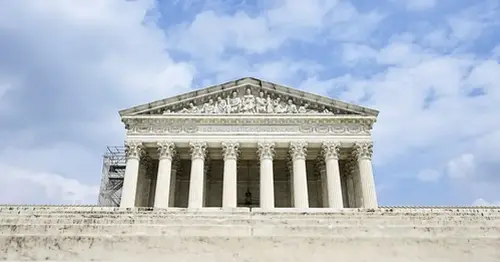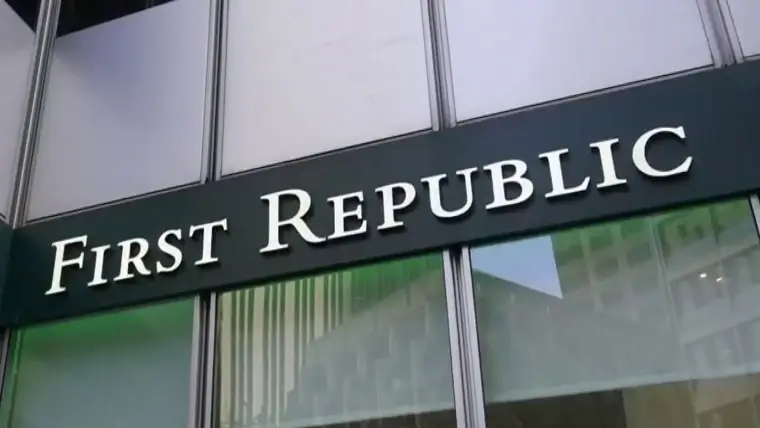
Challenge to consumer watchdog gets a frosty reception at the Supreme Court
WASHINGTON — The Supreme Court appeared unlikely Tuesday to scuttle a federal agency set up to protect consumers from predatory lenders and other unlawful financial services practices as the justices considered a constitutional challenge backed by business groups.
Both conservative and liberal justices seemed skeptical of the theory pushed by the plaintiffs that the mechanism allowing the Consumer Financial Protection Bureau, or CFPB, to be funded directly by the Federal Reserve is unconstitutional.
The challengers, two trade groups representing lenders, argue that the agency must be funded with annual appropriations approved by Congress.
In response, the government has argued that Congress often uses a similar approach to fund large spending programs such as Social Security.
Conservative Justice Brett Kavanaugh pushed back against the notion that the CFPB has been given funding in perpetuity, noting that Congress can always intervene to amend the funding scheme.
“Congress could change it tomorrow,” he said.
Another conservative, Justice Amy Coney Barrett, appeared skeptical that the Constitution’s appropriation clause, which says that the government cannot spend money without congressional authorization, prohibits Congress from implementing different types of funding schemes.
“There’s nothing in the appropriations clause itself that imposes the limits you are talking about,” she told Noel Francisco, the lawyer representing the challengers.
Liberal Justice Elena Kagan was particularly scathing about Francisco's argument, nothing that Congress has long approved open-ended funding for various agencies.
"You are just flying in the fact of 250 years of history," she said.
A ruling against the CFPB, the government argues, would cast legal doubt on the funding of other government entities, including the Federal Reserve itself and the Federal Deposit Insurance Corp., which provides insurance that protects consumers when banks fail.
How First Republic Bank became the third major bank to fail in 2023
May 1, 202304:48The Supreme Court's conservative majority is often skeptical of broad federal agency authority without specific congressional authorization. The case is one of several on the docket this term in which the justices could hobble government regulators.
The Community Financial Services Association of America and the Consumer Service Alliance of Texas sued the CFPB in 2018 seeking to throw out a regulation cracking down on payday loans.
In that case, a federal judge ruled in favor of the bureau after it modified a regulation barring lenders from repeatedly seeking to withdraw loan repayments from consumers’ bank accounts if there are insufficient funds. The new rule has yet to take effect.
But the legal question before the Supreme Court on Tuesday rests squarely on the conclusion reached by the New Orleans-based 5th U.S. Circuit Court of Appeals, which ruled in October of last year that the bureau's funding mechanism was unlawful.
The court concluded that the funding structure, whereby Congress does not directly appropriate funding, runs afoul of the Constitution's directive requiring it to do so.
That is despite the fact that Congress itself set up the CFPB and approved the current funding structure when it passed the Dodd-Frank Wall Street Reform and Consumer Protection Act in 2010.
The law states that the CFPB receives funding determined by its director to be "reasonably necessary to carry out the authorities of the bureau" as long as it is under the cap of 12% of the operating expenses of the Federal Reserve. In the 2022 fiscal year, the agency received $641 million.







